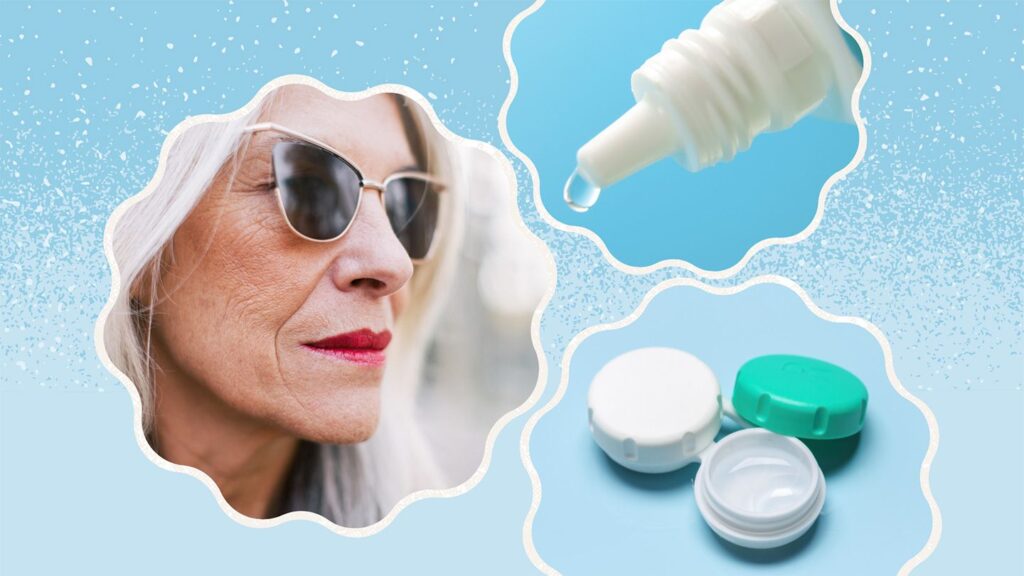Steps To Take To Keep Your Eyes Protected During Winter


Most of us tend to take extra care of our eyes during the summer months completely ignoring the winters. You need to be aware that winters leave your eyes more vulnerable than the summers. The primary reason behind this is the fact that the sun is at a different angle from the Earth. This different position of the sun implies that people are exposed to glare and UV rays. Moreover, during winter, we tend to spend more time outdoors, exposing our eyes to more problems. Children and outdoor workers are at a greater risk as they tend to spend longer hours outdoors.
To understand the extent of damage that the sun could cause the children, it is important to look at the relationship between UV rays, the eyes, and winter.
• Ultraviolet rays cause more damage to the ocular tissues than the skin.
• Cataracts are induced by age, macular degeneration is induced by age, flash burns, and even cancer of the eyelids and the facial skin around the eyes are examples of sun-related damages to the eye.
• When sky conditions are light overcast and ground surface reflection is high, eyes are at a greater risk.
• Air filters out about 4% less radiation for every 1,000 feet above sea level. This means that if you vacation at higher altitudes, your eyes are more vulnerable.
• Children’s eyes are more vulnerable than the adults as their lenses are clearer.
• Outdoor workers are frequently exposed to ultraviolet levels that are above the current safe exposure limits.
• The risk of all sunlight-related eye diseases can be diminished by the use of eyewear that absorbs ultraviolet radiation during exposure to sunlight.
• Anti-reflective coatings and polarizing filters help to decrease glare, but polarization alone does not block ultraviolet light.
• Ultraviolet coatings on contact lenses are important but do not fully protect the eyes. Contact lens wearers should also wear sunglasses.
• Certain drugs lead to greater eye sensitivity against the sun. Read medication labels carefully.
• Looking directly at the sun or even looking directly at its reflection in water tends to create damage to the retina. Be sure that you are not doing so unconsciously.
• Although intra-ocular lens implants after cataract surgery contain UV Rays filters, it is still wiser to protect eyes with sunglasses.
The American Academy of Ophthalmology suggests some winter eye care techniques-
If you are exposed for long hours to indoor heaters, your eyes need to be treated with a humidifier. The reason is that these heaters typically tend to dry up the moisture in the air causing irritation and dryness.
It is important to limit your exposure to the outdoors especially if you use contact lenses. If you are using soft lenses, keep in mind that soft lenses require a great deal of moisture and if they tend to dry then they can stick and change the shape of your eyes. Limiting your alcohol intake would be a wise step in this situation.
Hooded jackets or brimmed caps are not just a good idea for the fashion-conscious. They tend to protect the tear film from evaporation during the winter months.
To protect the delicate region around the eyes from the harsh winter weather, it is a good idea to apply a good quality eye cream around the eyes
Often looking after our teeth, skin, or face and following the latest dietary trends we tend to take our eyes for granted.
Our eyes are probably the most underrated part of our body. Our eyes need special care especially in winter when the eyes tend to dry up leading to inflammation. Our eyes are extra delicate and sensitive. Here are a few pointers that will help look after the eyes during the winter-
Eating right: Eating right is vital for the eyes. Luckily, winter brings in abundant fruits and vegetables that are good for the eyes. Carrots are rich in vitamin A, which is good for the retina. Foods like fish oil, cod liver oil, and vegetable oils contain omega-3 and omega-6 fatty acids that are beneficial for the eyes these acids prevent the eyes from drying up. Green leafy vegetables like spinach, coriander leaves, kale, and mustard greens all contain lutein which can help to prevent and perhaps reverse macular degeneration.
Wearing sunglasses: Wearing sunglasses should not only be limited to the summer days but should also be worn during the winter. These sunglasses protect our eyes from the UV rays of the sunlight. In case someone is traveling to the mountains, sunglasses are an absolute must as the snow reflects harmful UV rays. Also, these sunglasses will help prevent the drying of the eyes to a certain degree.
Quit smoking: It is known worldwide about the ill effects of smoking but very few know that smoking is more injurious to the eyes than lungs. This is sad but true that smoking can lead to increased chances of cataracts, macular degeneration, and also optic nerve damage!
Eye strain: This is an extremely common problem- constant viewing of the computer screen can be hazardous. Taking tiny breaks from the computer screen at regular intervals is beneficial to the eyes in the long run.
About the author- Dr Ananya Ganguly, Ophthalmologist, Disha Eye Hospitals
